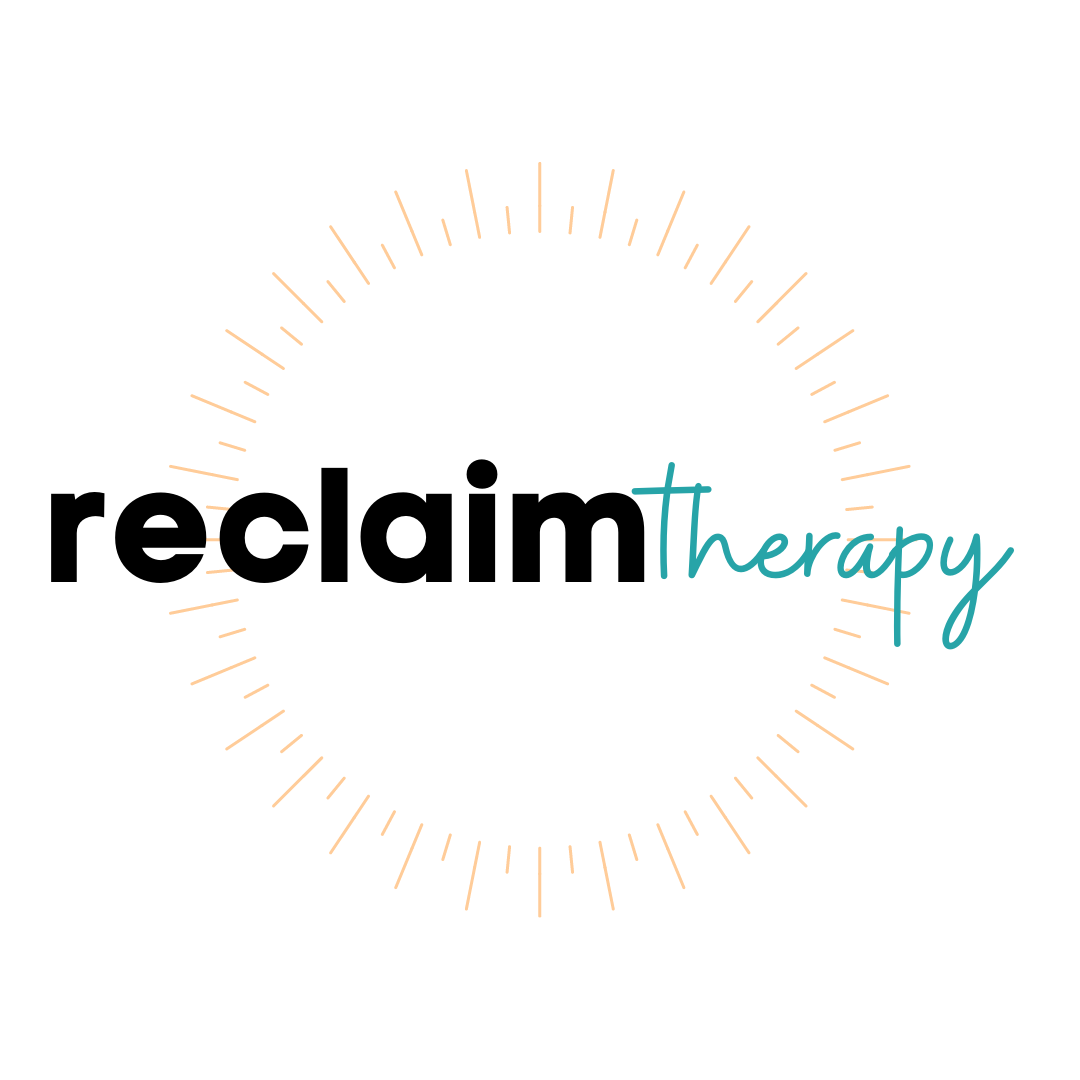Childhood Trauma, Overfunctioning and Disordered Eating
In the journey of recovery, we often find ourselves addressing various aspects of our lives, from disordered eating patterns to the roots of childhood trauma.
While these challenges may seem distinct, they can often intersect in unexpected ways. Understanding the connections between overfunctioning, disordered eating, and childhood trauma is a crucial step towards healing and reclaiming your life.
The Overfunctioning Dilemma
Overfunctioning, is a coping mechanism that allows us to manage our environment in the face of chaos or neglect, whether that’s external OR internal chaos. As an overfunctioner, you might find yourself constantly striving for perfection, trying to fix everything, or carrying an excessive burden. Recognizing overfunctioning is the first step to breaking free from its grip.
Overfunctioning can be a survival strategy, rooted in childhood experiences where you had to take on more responsibility than was age-appropriate.
In some cases of childhood trauma, the child may take on the role of a parent in the family dynamic. This role reversal is known as "parentification." When a child becomes the caretaker for their parents or siblings, it can lead to overfunctioning in adulthood. The child learns to be hyper-responsible, anticipating the needs of others, and neglecting their own emotional well-being. This overfunctioning behavior often continues into adulthood, where the person may struggle to prioritize their needs and boundaries
Children who grow up experiencing abuse, neglect, or consistent chaos often develop a heightened sense of hypervigilance as a survival mechanism. They may become hyper-alert to potential threats and are constantly on guard. This hypervigilance can carry into adulthood, where they overfunction to maintain control in their surroundings. They may find it challenging to relax, trust others, or delegate tasks because they have been conditioned to be in a constant state of readiness.
Acknowledging this behavior and its origins is an essential part of your healing journey.
Eating Disorders as a Coping Mechanism
Disordered eating can be a way to regain control when other areas of life feel unmanageable. Whether it's binge eating, restrictive diets, or emotional eating, these patterns can become a source of comfort in the midst of chaos. But they often lead to a vicious cycle that keeps us trapped.
Disordered eating can provide a false sense of control and can numb from overwhelming emotions, but it's essential to recognize that it's not a sustainable or healthy solution. Understanding the underlying emotional triggers for these behaviors is crucial for lasting recovery.
Childhood Trauma's Lingering Impact
Childhood trauma casts a long shadow, affecting our emotional well-being, self-esteem, and coping mechanisms. Traumatic experiences can contribute to feelings of powerlessness, low self-worth, and a distorted self-image. Healing from trauma is a complex process, but it is possible.
Childhood trauma can shape our beliefs about ourselves and the world. Learning to identify and work to form new beliefs is a key aspect of recovery. Trauma therapy can help you navigate this journey.
The Interplay: Overfunctioning, Disordered Eating, and Trauma
These three elements often intersect. Overfunctioning can be a way to mask the pain of childhood trauma. Disordered eating might provide temporary relief from the emotional distress stemming from both overfunctioning and unresolved trauma. This interplay can create a self-reinforcing cycle.
Recognizing the interplay between overfunctioning, disordered eating, and childhood trauma is a significant breakthrough. It helps you understand why you may turn to food for comfort and control.
Healing and Recovery
Recovery involves untangling this web of behaviors and emotions. It's a path to self-discovery, self-compassion, and building healthier coping mechanisms. Support from a therapist who specializes in trauma, disordered eating, and body image can be a vital resource in your journey.
Healing from overfunctioning, disordered eating, and childhood trauma is possible with the right support. Therapists can guide you in understanding your unique triggers and developing healthier responses.
Reclaiming Your Life
Recovery is about more than just addressing the symptoms; it's about reclaiming your life and finding joy, fulfillment, and self-acceptance. It's a journey of self-discovery, where you reconnect with your inner strength and rewrite your story.
The journey to recovery is not linear. It's okay to have setbacks, but with patience and the right support, you can gradually transform your relationship with overfunctioning, disordered eating, and trauma. Reclaiming your life is a beautiful and empowering process.
In the world of healing, understanding the connections between overfunctioning, disordered eating, and childhood trauma can be a powerful tool.
By acknowledging these intersections, you take a significant step toward breaking free from the chains that bind you.
Remember, you are not alone on this journey. There is hope, and there is a path to healing. You can reclaim your life, one step at a time, and live the life that you undeniably deserve.
🧡,
Reclaim Therapy provides therapy for childhood trauma near me, eating disorder treatment in Pennsylvania and EMDR Therapy.
If you can relate to the experience of over functioning, we know how hard it is to break the cycle. There are roots of overfunctioning in overwhelming life experiences that you may not have considered. From diet culture and hustle culture to external pressures, the way you have engaged in the world makes sense. If you’re ready to dig deep and continue your healing process, we’ll be here for you.




